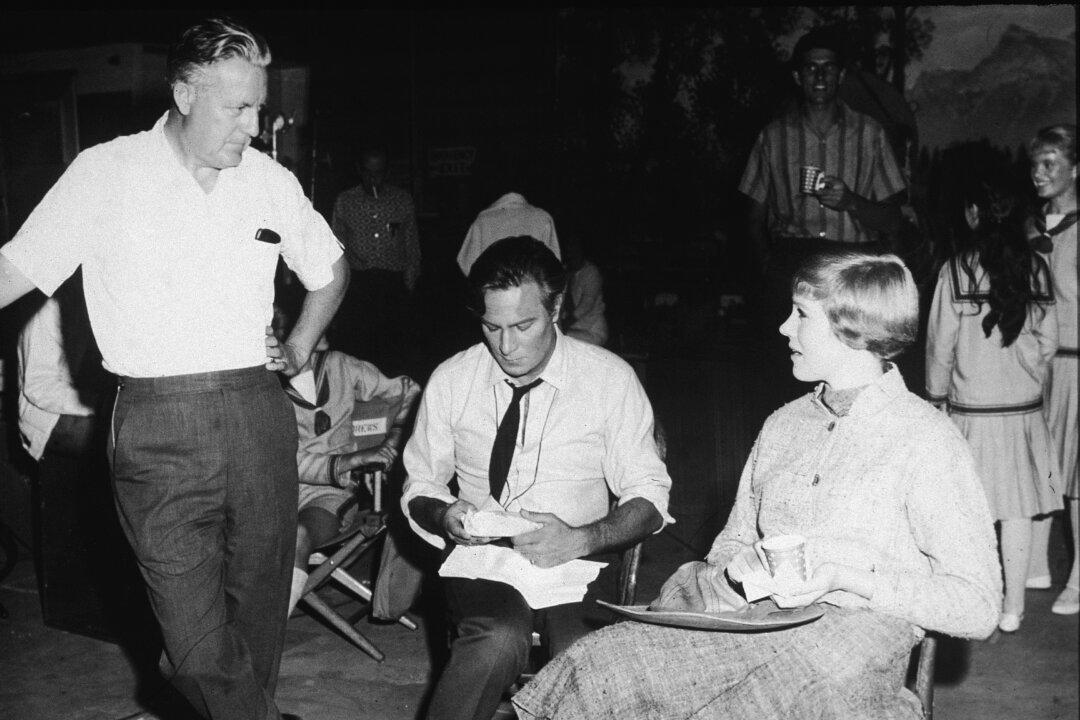When famous Hollywood directors are listed, Robert Wise rarely is included. However, he directed many iconic pictures during his diverse career, which lasted from 1944 to 2000. Film fans can gain a new appreciation for Mr. Wise, as a director and as a man, through descriptions of his fascinating films, by reading “Robert Wise: The Motion Pictures” by J.R. Jordan. Especially interesting is Jordan’s chapter on Wise’s “The Sound of Music” (1965), an account that deepens our understanding of why the film is so remarkable.
For those who need a refresher, the cinematic version of Richard Rodgers and Oscar Hammerstein II’s Broadway musical follows the story of a young postulant in 1930s Austria, Maria (Julie Andrews). Unsure that Maria is suited to convent life, the Mother Abbess (Peggy Wood) sends the lively young woman to be governess for a Salzburg family. The father, widowed sea captain Georg von Trapp (Christopher Plummer), is a stoic parent who runs his home like a naval ship. His seven children have been trained to march rather than play; their only fun is mischief toward their numerous, short-employed governesses. Maria uses her faith, determination, and love for music to befriend the children while their father is in Vienna.






